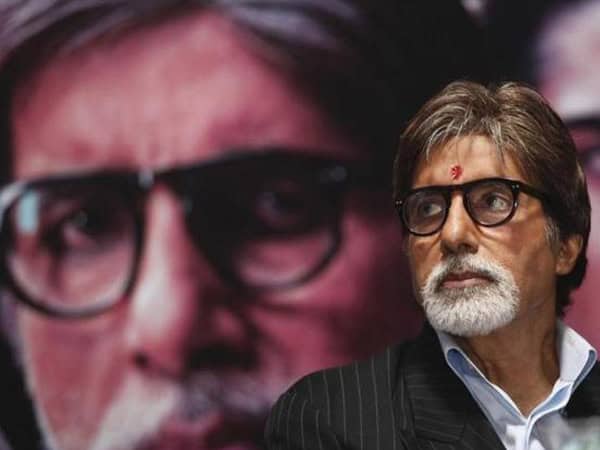Bollywood megastar Amitabh Bachchan, son of late noted poet Harivansh Rai Bachchan, has questioned the stipulation in the copyright law which allows exclusive rights to heirs of original literary work for 60 years after the death of the author.
In the case of original literary, dramatic, musical and artistic works the 60-year period is counted from the year following the death of the author, according to the Copyright Act, 1957. But Amitabh says this is “rubbish.”
“Written copyright and whatever else in the realm, lives 60 years after the passing with the elements of them that be the rightful? Really? So who designed 60 years? Why 60, why not 61, or why not perpetuity,” Big B wrote in a somewhat rambling blog.
“Inheritors that come as natural heirs be natural right holders of creative copyright… Right… but after 60 years, its natural inheritors, after the passing, the heirs become the public at large… ehh… Who did this intellectual legality.. at what context. I believe it initiated in 1957 or so… and (I) am angered by its audacity,” he said.
Amitabh said it is “rubbish” that what “gets left to a natural heir by father Harivansh Rai Bachchan, after his passing passed 60 years, belongs no longer to his domain or possessive copyright as willed, but becomes for the entire universe to tread, scratch, mutilate, use in commercial consideration on their own creative discretion”.
Amitabh, 75, was emphatic in saying “I oppose, disagree, lament, dispute, be in variance of, in vehement loud screams of voice. My inheritance be mine… His writings be his, his heir be me, his writings be mine… Mine. I shall not and will not allow its dilution to general public. I bring my inherited aesthetics to its creativity… It may be the worst ever… But it is my copyright.”
He questioned who built the law, and why, saying, “How can individual property become public property?”
“I fight for it,” he said after questioning “why was not William Shakespeare made aware of copyright; why not Beethoven or Messrs Chopin and Tchaikovsky, or closer home Rabindranath Tagore? Had they known or made to know, they may never have wished for any other, but their progeny of generations to come… And because no record has been kept of such, there is a loss of opportunity for them that were rightful heirs of them!”
IANS

